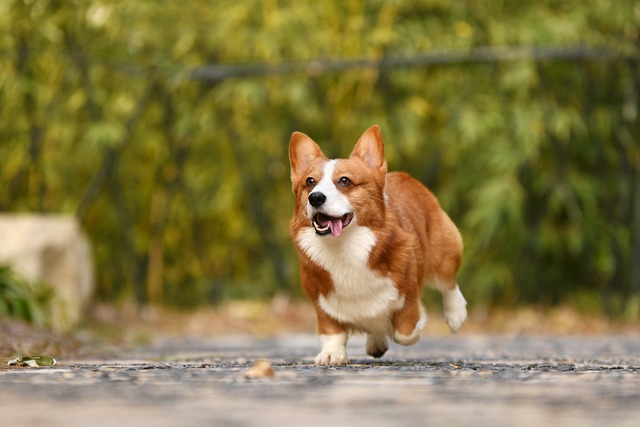
How can I tell if my dog's heatstroke is serious
Let’s be real: It’s a sticky August morning in Los Angeles, and you took your 2-year-old Golden Retriever, Max, for a walk a little later than usual
If you’ve spent mornings cleaning up loose stools or noticed your dog hesitating to eat after a food switch, you’re probably hunting for a protein that won’t upset their tummy. When my 1-year-old Shih Tzu, Mabel, started vomiting after I tried a new lamb kibble, her vet suggested swapping to boiled chicken—and her symptoms vanished in 48 hours. For first-time U.S. dog owners, the easiest protein for dogs to digest isn’t a fancy option; it’s one their bodies can break down quickly, absorb fully, and use without straining their sensitive digestive systems.
Dogs have shorter digestive tracts than humans, so they need proteins that are “bioavailable”—meaning their bodies can turn them into amino acids (the building blocks of muscle) with minimal work. The key is lean, low-fat proteins with simple structures—avoiding tough connective tissue or processed fillers. Mabel’s lamb kibble had high fat and “lamb by-products” (like hooves or organs), which her stomach couldn’t process. In contrast, proteins like chicken, turkey, and whitefish are tender, lean, and lack the complex fibers that cause gas or bloating. Plant-based proteins (like soy or peas) are much harder for dogs to digest because they lack the enzymes needed to break down plant cell walls, often leading to messy accidents.

The gold standard for easy-to-digest protein is plain, boiled chicken breast—it’s mild, lean, and tolerated by nearly all dogs, even those with gut issues. For puppies, seniors, or dogs recovering from illness, mix shredded boiled chicken with white rice or plain sweet potato to soothe their stomachs. Turkey breast is a close alternative, while cod or tilapia (whitefish) works great for dogs with chicken allergies. When picking kibble, look for labels where “deboned chicken” or “turkey meal” (a concentrated, low-moisture form) is the first ingredient—skip foods with “meat meal” or high-fat proteins like pork. For apartment dwellers, split meals into two small portions a day to prevent bloating, and avoid overfeeding (even digestible protein leads to weight gain if overdone). Always introduce new proteins slowly: mix 25% new protein with 75% old food for 3 days, increasing gradually to avoid upset.
Never scold your dog for digestive accidents—this violates U.S. animal welfare norms and adds stress, which makes gut issues worse. Clean messes with enzyme cleaner to erase odors that might attract them back. Stay compliant with local laws: Keep their rabies vaccine current (required in all states) and carry waste bags on walks—cities like San Francisco fine up to $300 for not cleaning up. Use small pieces of boiled chicken as training treats; positive reinforcement with a gentle reward makes obedience practice fun instead of stressful. If your dog’s stomach troubles persist after switching proteins, see a vet to rule out allergies or conditions like inflammatory bowel disease.
The easiest protein for dogs is simple, lean, and gentle. With boiled chicken, slow transitions, and a little patience, you’ll keep your pup’s tummy happy and their tail wagging at mealtime.

Let’s be real: It’s a sticky August morning in Los Angeles, and you took your 2-year-old Golden Retriever, Max, for a walk a little later than usual

You're enjoying a summer afternoon at the park when you notice your dog has stopped panting and appears disoriented - their gums are bright red

Let’s paint the picture: You’re in your Denver apartment, watching your 4-year-old Boston Terrier, Ruby, plop down mid-play session with her favorite toy

Many dog owners notice their pets nails seem shorter after regular walks,but how much does this daily activity actually help?The answer depends on where you walk—concrete sidewalks or asphalt streets gently file nails as a dog's paws hit the ground

Most dog owners notice their pup scooting across the carpet at some point, but few connect it to impacted anal glands. These small sacs near a dog’s rectum secrete a scent for marking territory

Most vets agree that regular dog teeth cleaning is key to avoiding painful dental issues later. For healthy adult dogs, a professional cleaning at the vet’s office every 12 to 18 months usually works well.